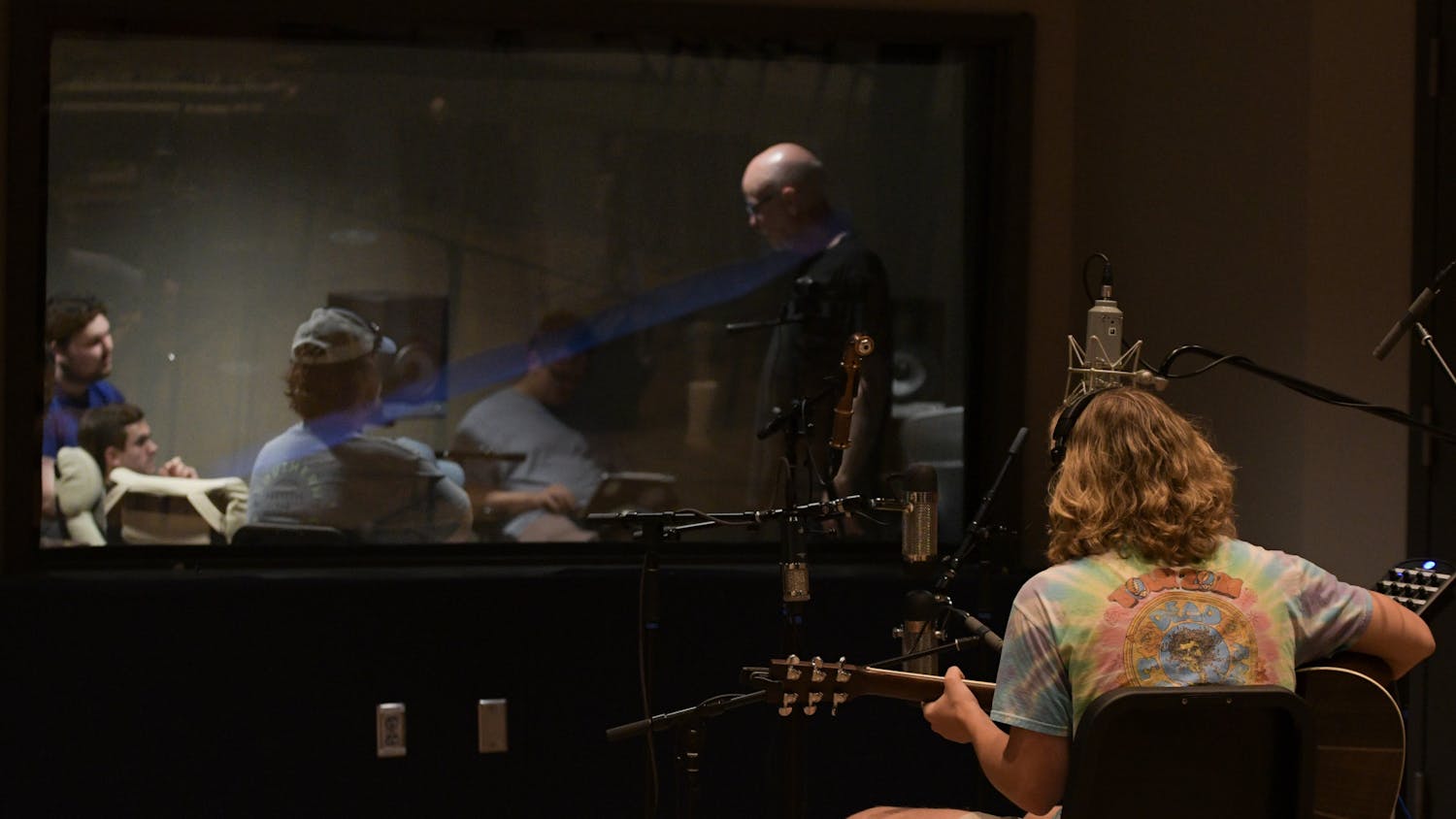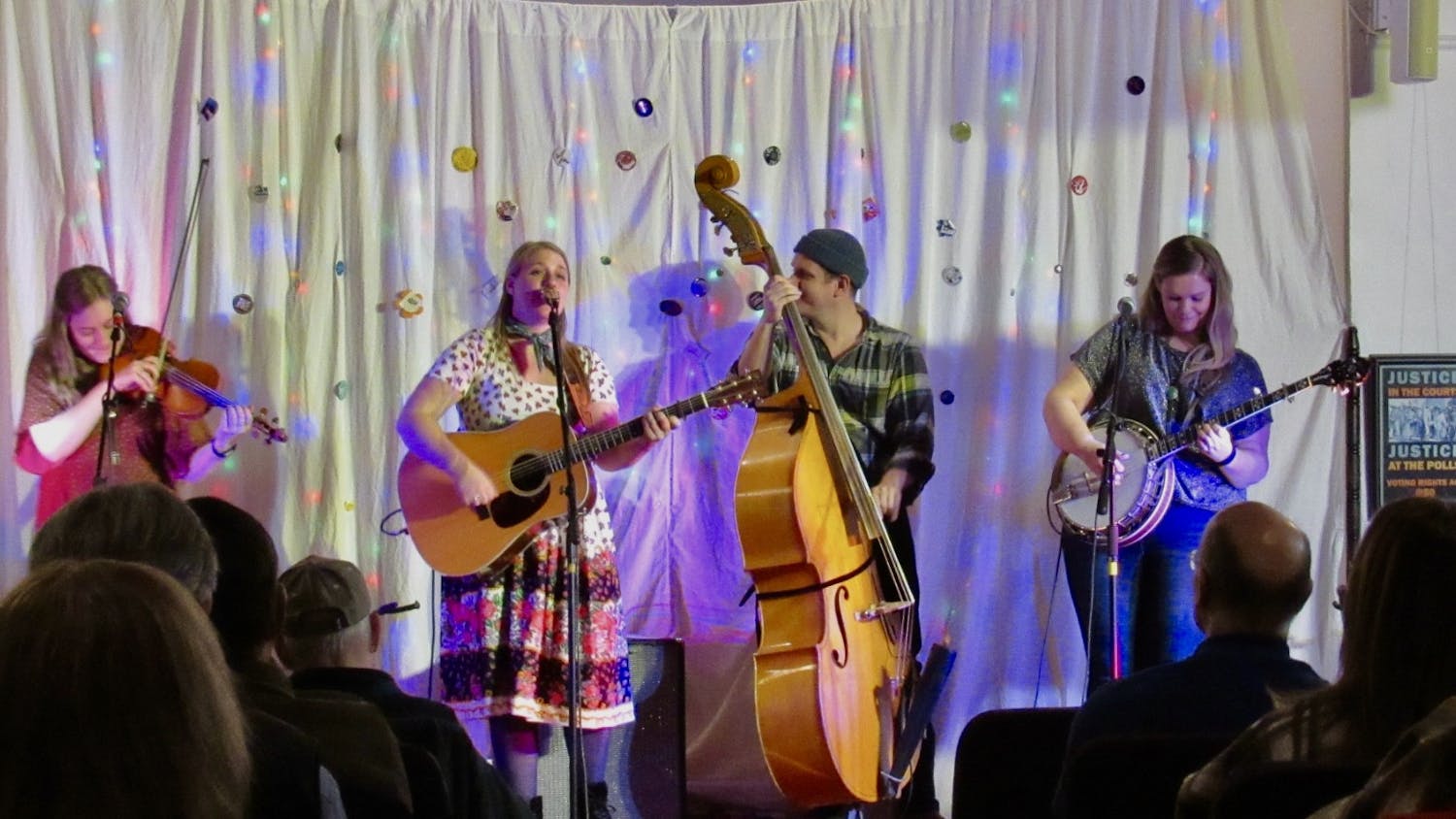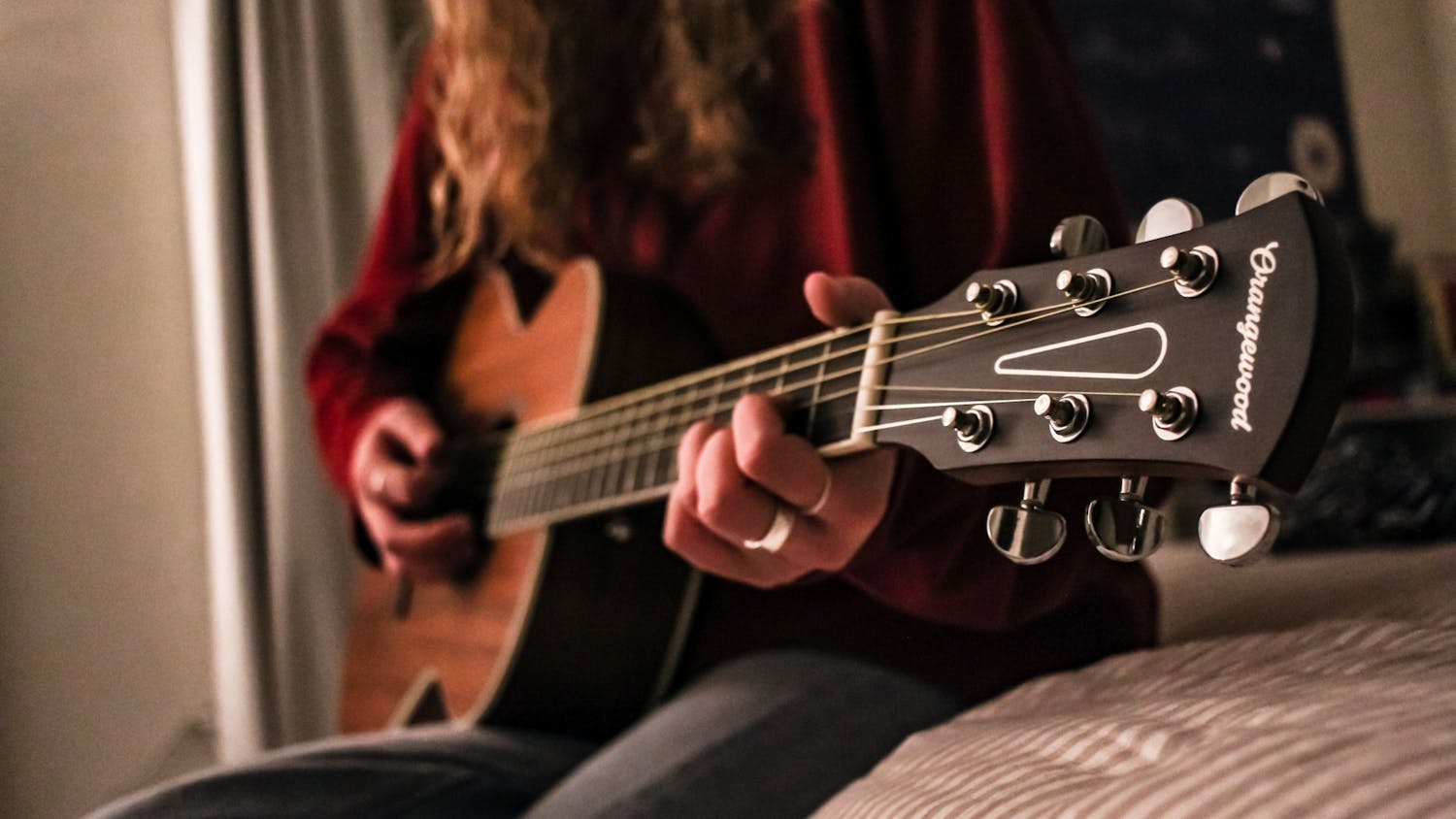It'd be hard to find someone who would say they hate music. In fact, most people have never met someone who would say they do. This is explained by science. Music pleases the ear in a very unique way.
Valorie Salimpoor, neuroscientist at McGill University, even performed a study which concluded that music releases hormones that are similar to those released during meals and sexual activity.
With that said, many wonder how there are genres of music that people despise. It is understandable for different people to dislike individual artists, songs, or performances, but the notion of an entire genre being so widely despised is quite the phenomena, considering the many variances in the genre. One then questions what is it about certain musical genres that repulse people?
One of the most quintessential examples of this is rap music.
As reported by NPR, rap music is a fairly young art form, born in the 1970s when Kurtis Blow became the first individual to sign a contract with a major music company.
Around the same time came the rise of DJ Grand Wizard Theodore, who became the first publically recognized person to play turntable as an instrument. In plain English, he was the first person to make the "record scratch" noise from albums dating back to the late 70s and 80s.
By the late 80s, rap music had become a part of mainstream music. However, as it became popular, a common theme of misogyny became evident. This objectification of women became prominent in a large percent of rap music and the genre has been battling a bad reputation for years, because of this.
Combine mysongny with the other questionable material that many rappers began to sprinkle in, such as rhetoric on gang affiliation, drugs and violence, rap genre slowly became the object of a lot of controversy.
Despite its troubles, rap music somehow thrived through the 80s, the 90s, past the 2000s and is still prevalent in popular music today.
Even though it is prevalent, it is still fundamentally disliked by thousands and the opponents are very outspoken about their dislike of the genre.
"[Rap] is not music," writes one blogger, later in their rant calling the genre a "virus."
Some prominent public figures detest the entire genre, such as Fox News host Bill O'Reilly, who cites the entire genre as "corrupting."
For those that appreciate the genre, these negative views are over-generalizations from more conservative listeners.
Rodolfo Mendoza-Denton, associate professor of psychology at University of California, Berkeley, cites scientific evidence that people have so much of a negative predisposition of rap music that people are more likely to criticize a song of two separate genres if you simply tell them that one of them is rap. In addition, Mendoza-Denton cites the Obama family's push to fight this over-generalization by establishing that there are distinct lines between the "gangster rap" that often contains vulgar lyrics and, simply, "rap," which is a multi-encompassing genre that has many subgenres (including "gangster rap") within it.
Mendoza-Denton's position is one that many rap music fans support. There is plenty of rap music out there that does not aim to encourage you to join your local street gang.
Examples of this can be found in popular rap music, such as Macklemore's "Same Love," which literally has a message of love and peace.
While with rap music you'd expect a simple, but catchy beat, rapper George Watsky recently released a song in which he raps over classical music, called "Knots."
Many who dislike rap music are somewhat unfamiliar with the sheer diversity of the genre and the positive effects it has on the lives of many people.
If you dislike rap music, fans of it recommend you think about what it is that you dislike about it, and begin to explore the genre more thoroughly.
If you don’t like the instrumental track, there are plenty of rap songs that steer away from the typical rap instrumental.
If you don't like the lyrics, explore different rappers, and find one who raps about something relatable.
No matter what your predispositions of rap music are, it is almost certainly acknowledgable that rap music can not be fit into one distinct category.
Do you like this story? The Plainsman doesn't accept money from tuition or student fees, and we don't charge a subscription fee. But you can donate to support The Plainsman.




